The Stephen A. Schwarzman Centre for the Humanities, University of Oxford
We're currently working on the development of the most important and ambitious University Centre for the Humanities in the world.
The Schwarzman Centre, named after Stephen A. Schwarzman, who made the largest private donation to the University of Oxford since the Renaissance, will give Oxford’s humanities a new, dynamic home with state-of-the-art academic, exhibition and performance spaces. The building will be constructed on the last vacant plot within the university’s Radcliffe Observatory Quarter, which already features Herzog & de Meuron’s Blavatnik School of Government and Rafael Viñoly’s Mathematics Institute.
The new, predominantly four-storey building will bring together Oxford’s programmes in English, history, linguistics, philology and phonetics, medieval and modern languages, music, philosophy, and theology on one site, which will also include a new library. The complex aims to ‘encourage experiential learning and bold experimentation through cross-disciplinary and collaborative study’. The concept features a 500-seat concert hall, a 250-seat theatre and a 100-seat ‘black box’ lab for experimental performance, a schools and public engagement centre, new access routes and landscaping, a café and other meeting spaces.
Working alongside Hopkins Architects, we are providing M&E Engineering, Acoustics, and Lighting Design Consultancy, and Passivhaus support to the main contractor. A full planning application was submitted in 2021.
In line with the university’s aim to halve carbon emissions by 2030 and achieve net zero carbon emissions and net biodiversity gain by 2035, the project will harness Passivhaus principles, feature solar power generation on the roof and will include new planting, landscaping, bird boxes and green spaces.
Key features of the carbon-efficient Passivhaus building will include:
- Solar power generation on the roof
- No fossil fuel consumption in the building itself
- Very high levels of insulation to reduce the heat needed in the building
- Cycle parking and encouragement for visitors to take public transport, with no new parking spaces other than for disabled users
“The Stephen A. Schwarzman Centre for the Humanities will transform the work of our scholars and offer untold opportunities for the city as a whole. An inspirational piece of design by a world-leading architectural practice, it will also be a pioneering example of sustainability in architecture.” - Professor William Whyte, Professor of Architectural History at the University of Oxford
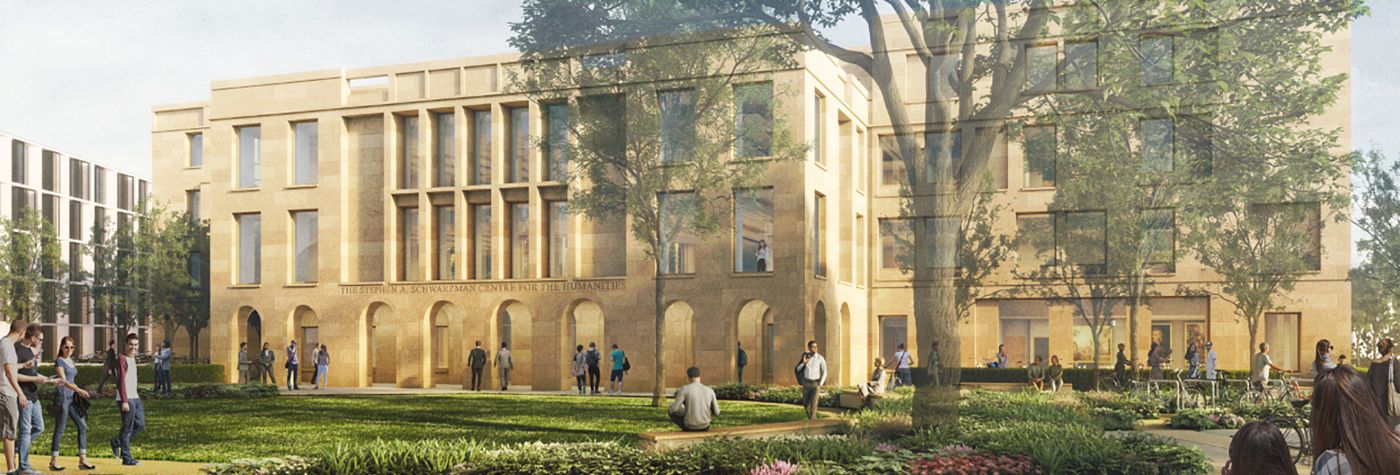
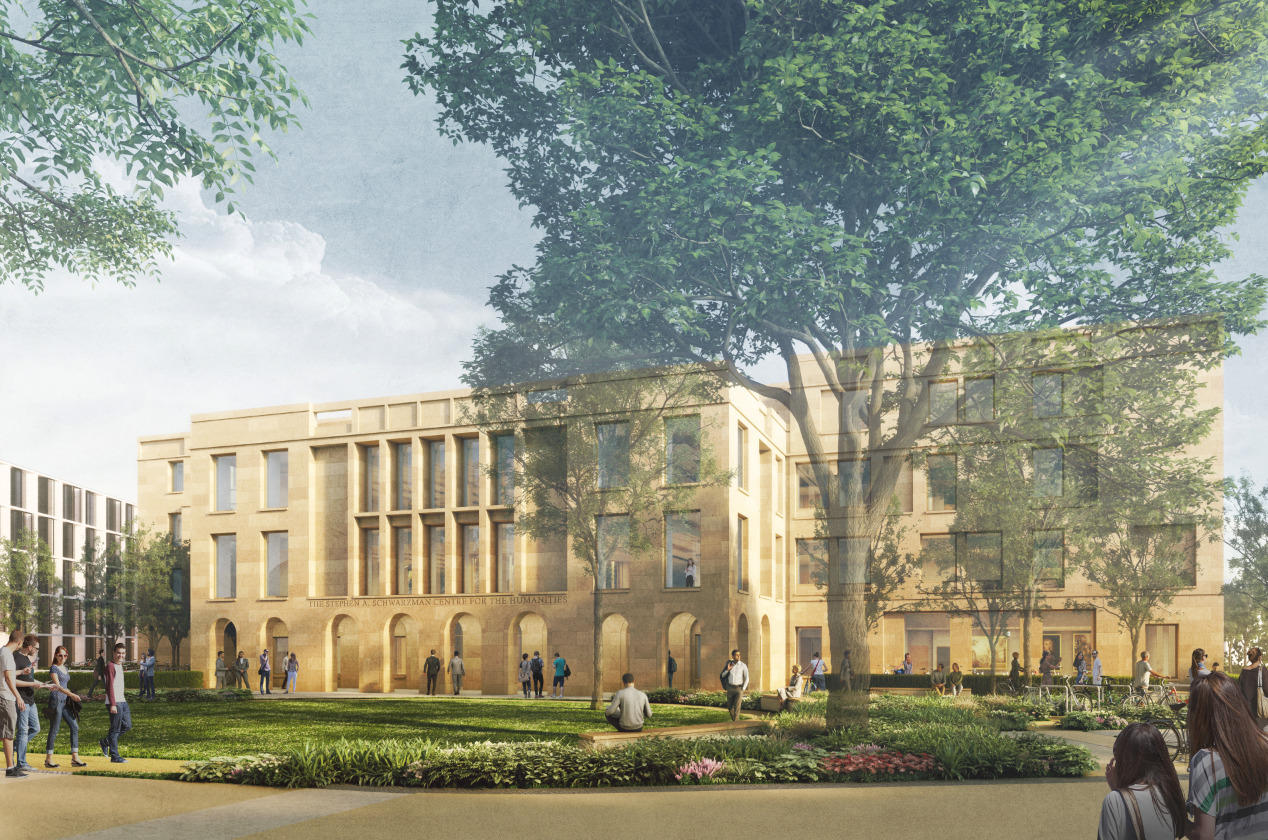
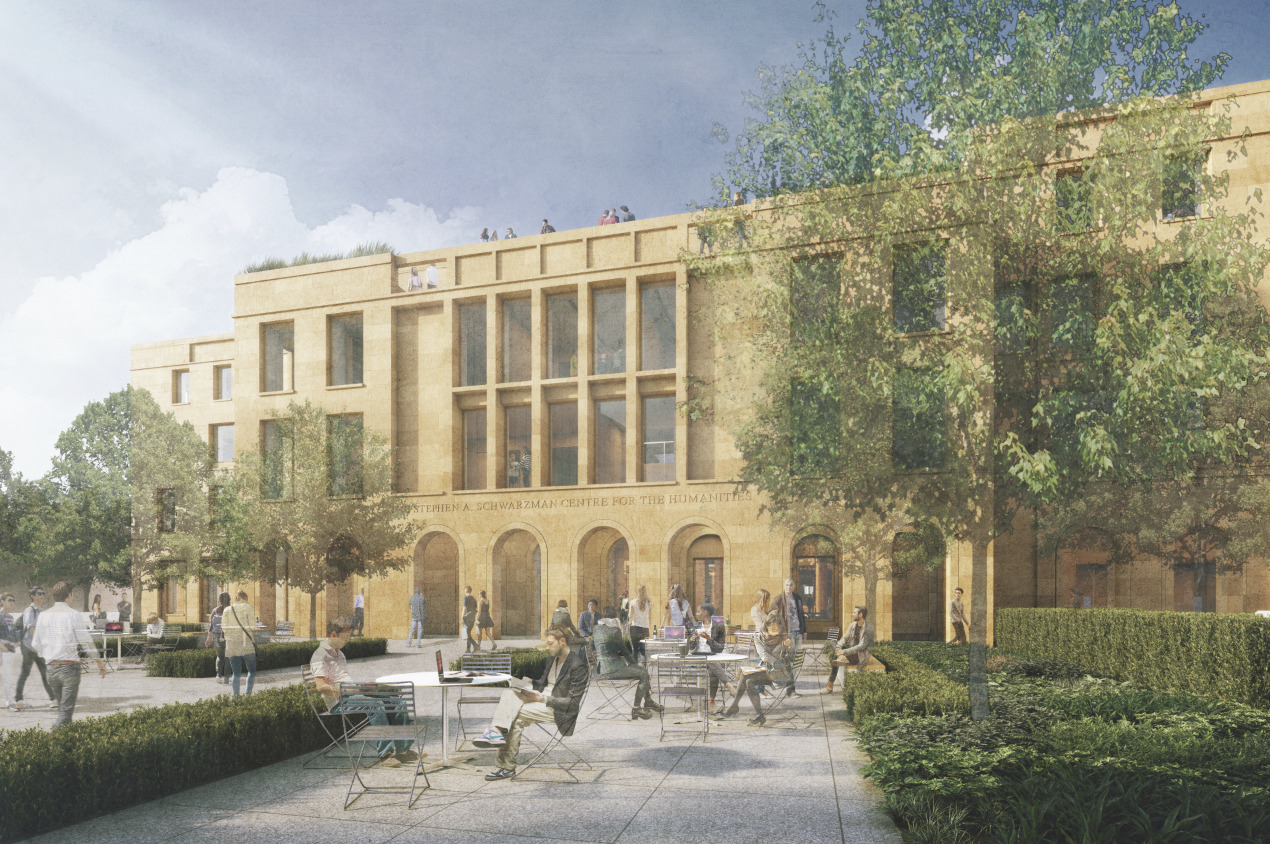
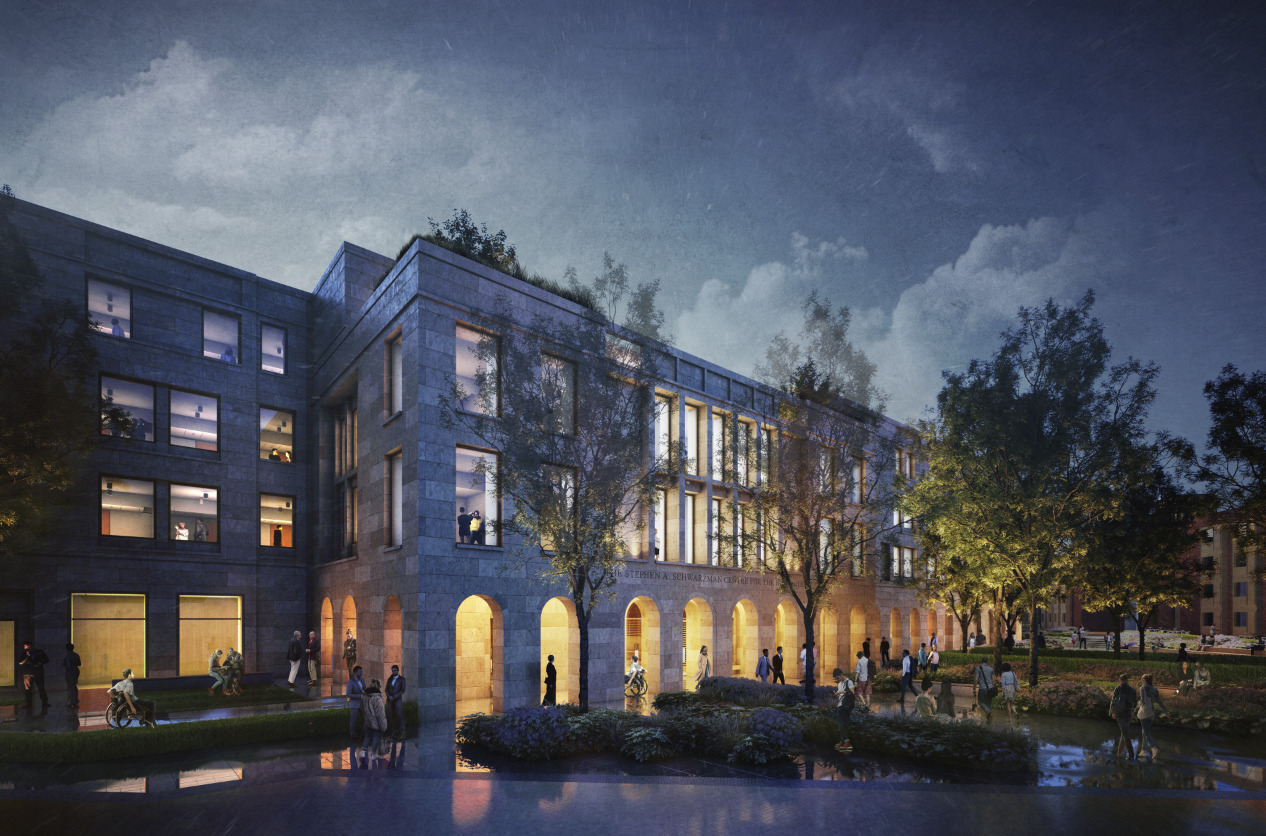
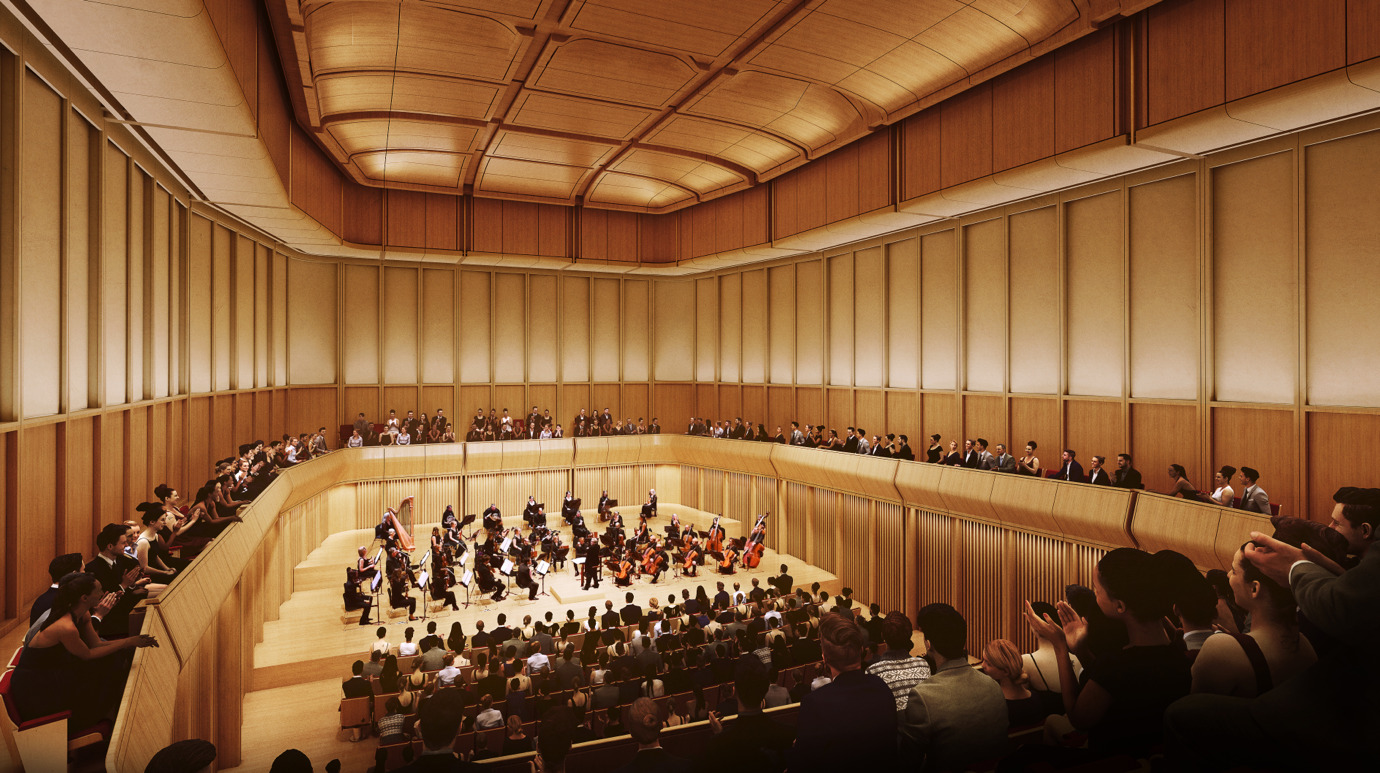
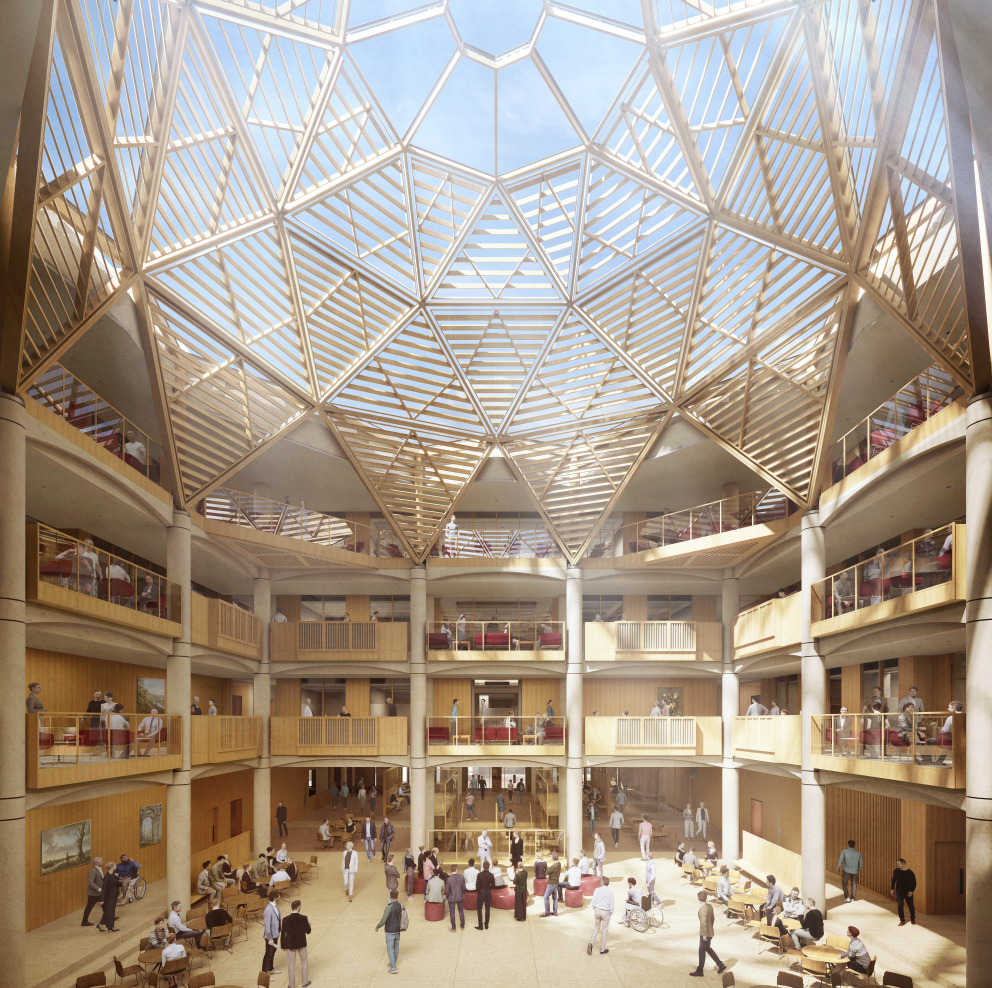
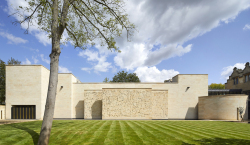
.jpg)